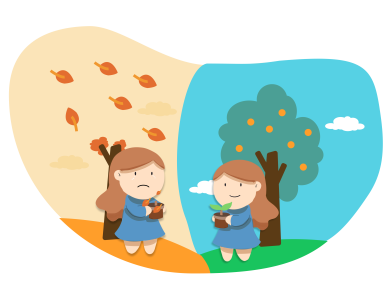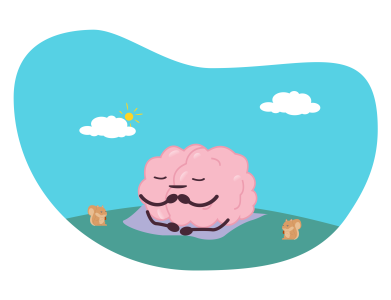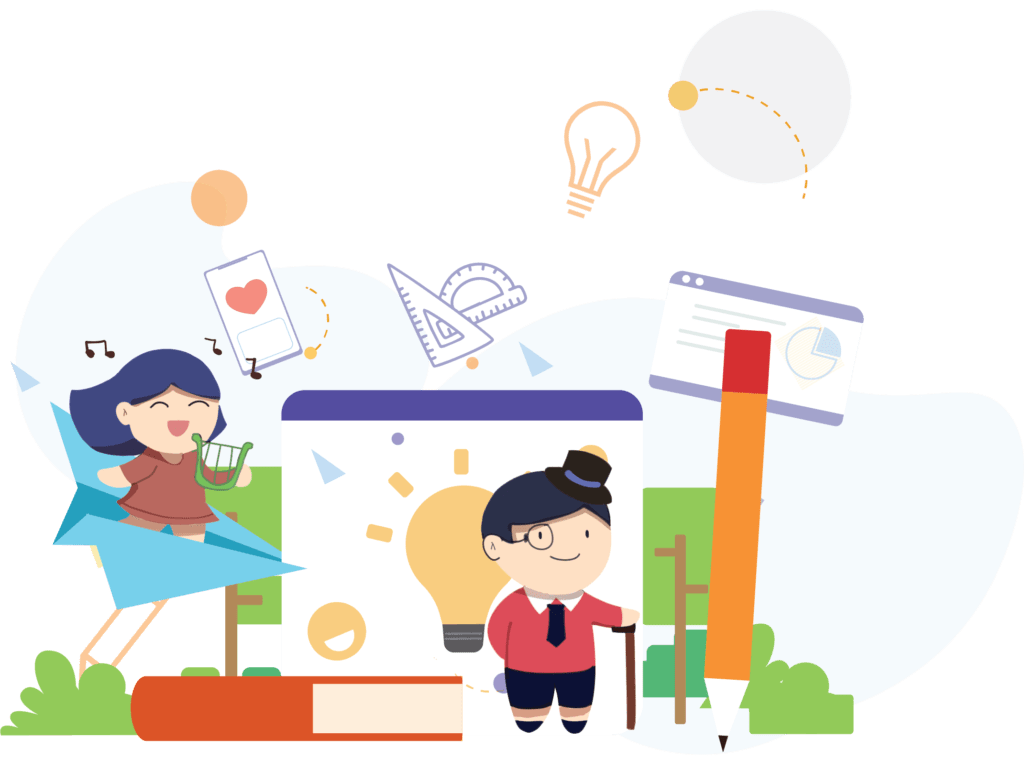
- GRIP Learning's Team
Being a leader isn't about issuing guidelines, demanding obedience, or even connecting with employees on a personal level.
Children’s emotional and social growth occurs as they learn to connect with others, negotiate their emotions, and take care of themselves. Early childhood development is a major social and emotional milestone that occurs during infancy.
Early childhood is a crucial time for a person’s mental and emotional growth. Children need to learn more about their own and others’ emotions as they grow up and begin to deal with tantrums, mood swings, and a wider social circle.
A child’s tantrums are common during the toddler years. For good reason, people call that age “the terrible twos.”
A toddler’s mood can change quickly. Although their feelings are frequently intense, they rarely last for long. It’s possible that you’ll be astonished by how quickly your child can switch from wailing about a toy to quietly watching a show on TV.
Kids this age often have trouble sharing and are very possessive of their belongings. However, learning to interact with other kids is a crucial life skill. In a short amount of time, your child will transition from spending the majority of their time with close family and friends to spending the majority of their day at school socializing, learning, and playing with other children their age.

A person’s future health, well-being, and happiness all depend on the quality of his or her social development in early childhood. Relationship building, stress management, and other skills are all built on the foundation of a person’s cognitive, emotional, and social development. The transition to school is a crucial time for a child’s healthy social development.
Part of a child’s social development is learning how to get along with others and control his or her own behavior.
A child’s sense of independence grows between the ages of three and four as they master more tasks on their own.
Typically, at this age, children start to:
A child’s sense of self-awareness also begins to develop between the ages of four and five. Early experiences can shape a child’s identity in ways that last a lifetime.
Children usually start to:
The following points to potentially dysfunctional social development:
So, what can you do to teach your kid basic social skills on the playground? Competence in social interactions requires not only getting along with others but also being empathetic, expressive, and giving. You can help your kids learn these important personal and social skills in a number of ways.
Young children learn primarily through observation. If your child sees you giving to others, being grateful for what they do for you, offering help, and being open about how you’re feeling, he or she will grow up with a solid foundation for interacting with others in the real world.
You can set an example for your child and the rest of the family by responding in this way in your own home. With each “please” and “thank you,” you show your kids how you’d like them to act in social situations.
In particular, make it a point to show appreciation for your children’s positive social behaviors. Fostering self-confidence in your kids is a great way to help them learn to empathize with others and handle difficult situations with grace. Children will start to be kinder and more generous when they feel safe expressing their feelings.
Parents can help their children develop empathy and emotional intelligence by having them consider the feelings of those around them. It’s best to begin by asking your kiddo about how they’re feeling and what’s been going on in their world. “Tell me about the time you couldn’t find your favorite plaything. “What were your impressions of the story?”
It’s important to encourage children to inquire about the feelings of others once they’ve mastered expressing their own. Can you imagine how Nadia felt when you took away the toy she had been playing with?
Practice makes perfect, especially when it comes to the skill of cooperation. One of the best ways to teach your child how to relate to others is to give them the chance to interact and play with other children. Kids have a hard time learning to wait their turn and share toys, so it’s natural that your child may find playing with peers frustrating at first.
Children learn to solve social problems as they play with one another and with adults. To begin, there may be many disagreements and fights with siblings and friends, but eventually, children learn to negotiate and compromise.
Parents and other primary caregivers are the most influential adults in a child’s social and emotional development because they provide the most stable relationships. Children learn about social relationships and how to show how they feel by spending time with adults like family, teachers, and peers on a regular basis.
Moreover, growing up with a healthy set of social and emotional skills is crucial. This growth affects a child’s sense of self-worth, sensitivity to others, capacity to form deep and lasting relationships, and sense of contribution to the world. The growth of children’s social and emotional skills has a ripple effect on their cognitive, linguistic, and motor skills.




